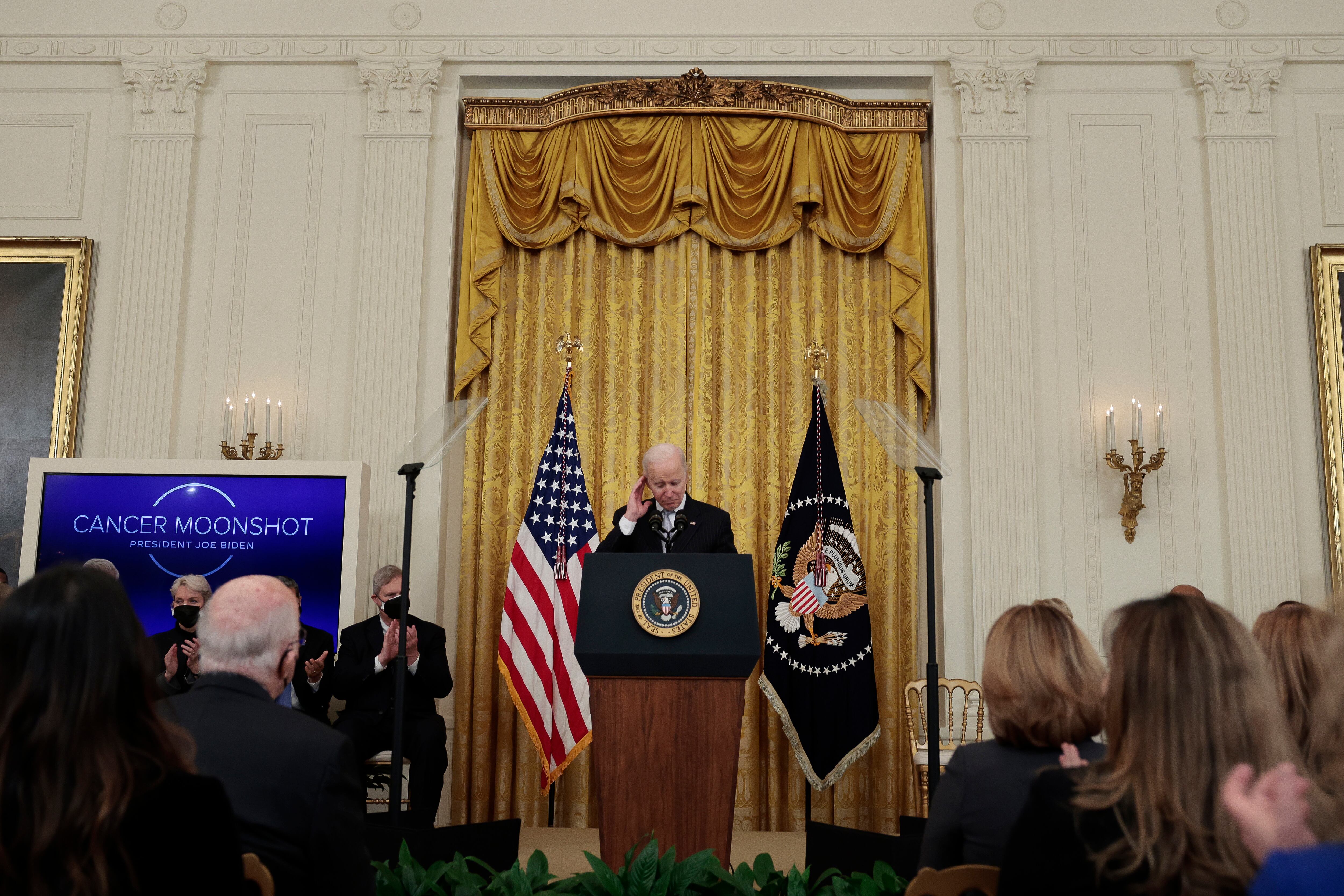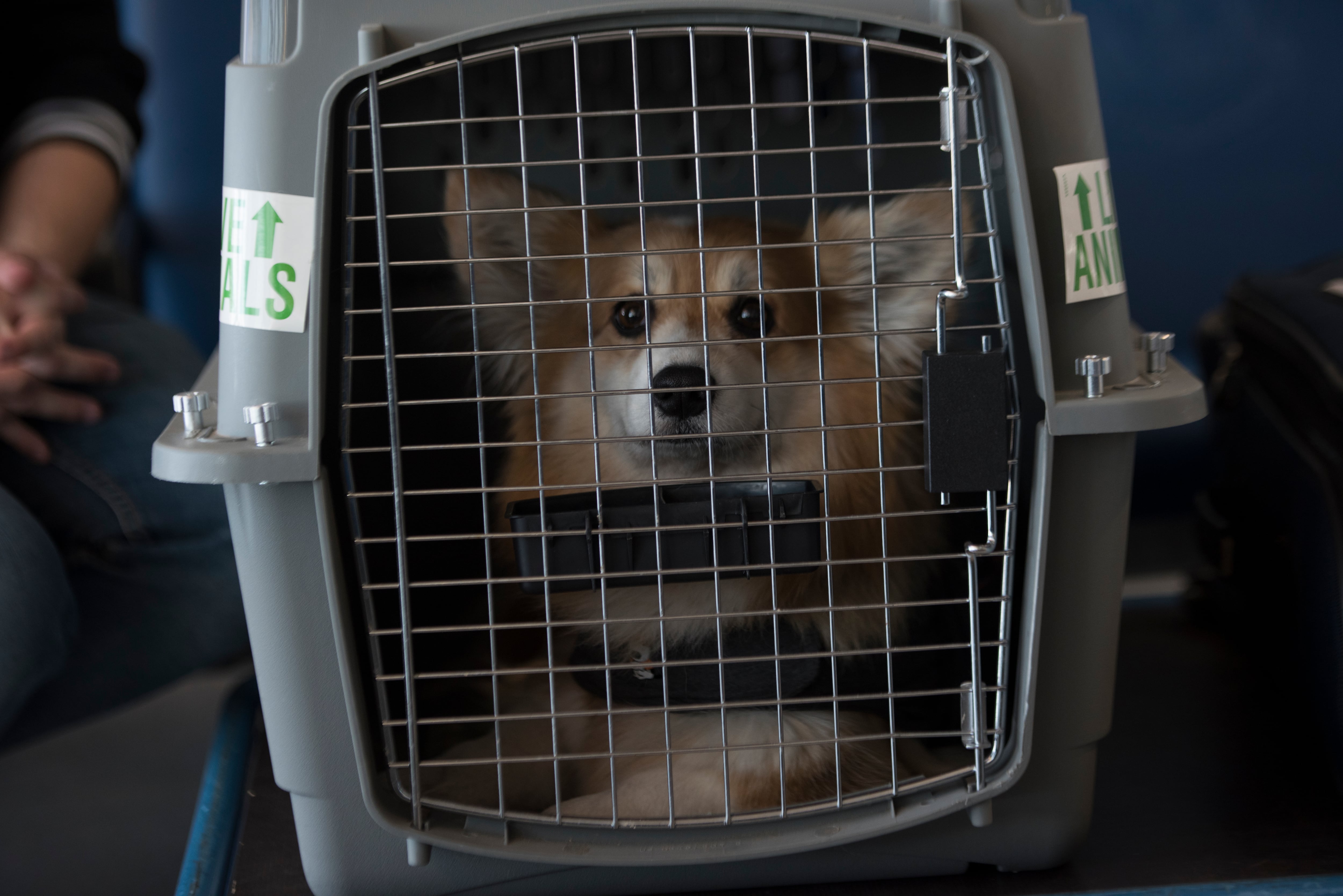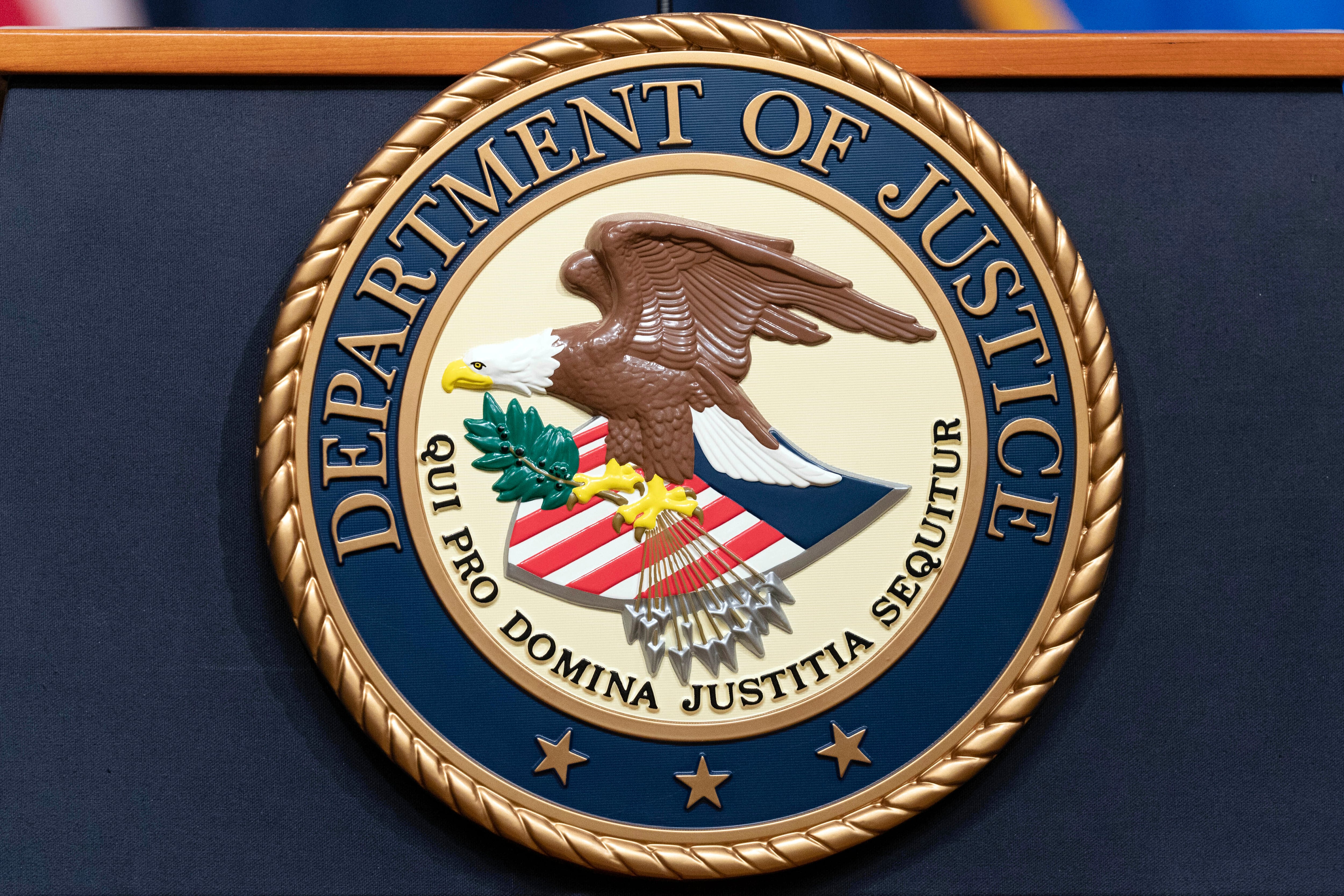One in three Americans will be diagnosed with cancer in their lifetime. While the health care system has made incredible advances, far too many people still feel cancer’s devastating impact.
In early 2022, President Joe Biden and First Lady Jill Biden re-ignited the Cancer Moonshot to reinvigorate national action to defeat cancer, with the goal to reduce cancer deaths by 50% in the next 25 years.
The Department of Veterans Affairs has been at the forefront of the Cancer Moonshot as a member of the president’s Cancer Cabinet, and as the largest integrated provider of health care and cancer care nationwide. The VA serves about 9 million enrolled veterans at more than 1,300 health care facilities, including treating roughly 43,000 veterans for cancer every year.

To meet the Moonshot challenge, VA is boosting screening and virtual treatment options, leveraging technology and innovative therapies, and offering veterans access to new clinical trials. We are focused on reducing four major groups of cancer most diagnosed within the veteran population: lung, colorectal, prostate and bladder.
Lung cancer, for example, is the second most common type of cancer and is by far the leading cause of cancer death within the veteran community, taking approximately 5,000 veteran lives every year.
Early detection saves lives
According to the American Lung Association, nearly half of all lung cancer cases in the U.S. are diagnosed at a late stage when the survival rate is only about 6%. The survival rate goes up to about 60% if diagnosed at an early stage. Consistent and routine screening is essential to the estimated 1-2 million veterans at risk for lung cancer.
High-quality, accessible screening is a cornerstone of VA’s cancer care. In fact, in 2022, VA was recognized with a FedHealth IT Innovation Award for work by its National Center for Lung Cancer Screening to increase the number of eligible veterans getting screened for lung cancer.
VA’s National Center for Lung Cancer Screening has worked to provide systematic, integrated, and high-quality screening. The center recently implemented an electronic health record alert at over 100 VA medical centers that provide lung cancer screening. These electronic alerts have become part of the system of care and have resulted in VA increasing the number of veterans screened for lung cancer by 560% compared to pre-pandemic screening rates.
During a Cancer Cabinet Community Conversation hosted by VA as part of the Cancer Cabinet, lung cancer survivor and U.S. Air Force veteran Brian Sturgill urged veterans to ask their provider about lung cancer screening and find out if they qualify. Sturgill, whose lung cancer was already metastatic when first diagnosed, is a survivor, but only after he underwent surgery to remove a section of his small bowel and a lobe of his lung.
“If we had screening 12 years ago, I don’t know if I would have needed a small bowel resection,” said Mr. Sturgill. Now well into his survivorship journey, Mr. Sturgill is a lung cancer clinical trial coordinator. His personal experience with clinical trials, lung cancer, and survivorship serves as a model for veterans and the importance of lung cancer screening.
Where you live shouldn’t determine whether you survive
There are more than 2.7 million veterans enrolled in VA who live in rural and highly rural areas, many with no cancer specialists near their homes. VA is addressing this need through the creation and expansion of VA National TeleOncology, bringing sub-specialized cancer care to veterans in locations across the nation, with more than 55 sites currently active and more on the way, access to VA’s virtual cancer care continues to grow.
Multidisciplinary teams will provide expert sub-specialized oncology services as well as care coordination across the cancer care continuum, from diagnosis to survivorship or palliative care. Through VA’s recently launched Virtual Tumor Board, disease-specific experts lend their support for complex cases and rare cancers as well across the enterprise.
Clinical trials and the future of cancer care
The National Cancer Institute has partnered with the VA to enroll veterans with cancer — especially from underrepresented populations. As of 2021, 25% of patients enrolled in these trials were from minority populations.
We have created the Enhance Equity and Access to Clinical Trials, or ENACT, program that will add to existing programs and infrastructure while developing innovative strategies to help veterans and VA oncologists connect with clinical trials. This also means finding connections to clinical trials not traditionally used. For example, we have observed that there is a substantial improvement in survival over time that corresponds to the timing of approval of targeted therapy, particularly for non-small cell lung cancer.
A relentless commitment
VA has been a pioneer in the field of research, specifically cancer research. In 1933, Robert Schrek, a leader in the field of radiosensitivity, identified the first connection between sun exposure and skin cancer while at the Tumor Research Laboratory at the Hines VA Hospital in suburban Chicago. Longtime VA scientist Dr. Ludwig Gross was one of the great pioneers of cancer research and the father of modern retrovirology. During the years of the original race to the moon — the 1950s and 1960s — Gross was conducting laboratory studies on mice that eventually proved that leukemia in mice was caused by a virus.
The Cancer Moonshot has refocused VA’s efforts on cancer, working to end cancer mortality as we know it. And VA is working to improve access for veterans at every step in their cancer care journey and helping veterans and their families take that giant leap to survival. To learn more about cancer care at VA, visit Cancer.VA.gov.
Dr. Carolyn Clancy is the Veterans Health Affairs assistant under secretary for health for discovery, education and affiliate networks. Dr. Michael Kelley is the VA National Oncology Program executive director.
Have an opinion?
This article is an Op-Ed and as such, the opinions expressed are those of the author. If you would like to respond, or have an editorial of your own you would like to submit, please email us. Want more perspectives like this sent straight to you? Subscribe to get our Commentary & Opinion newsletter once a week.









